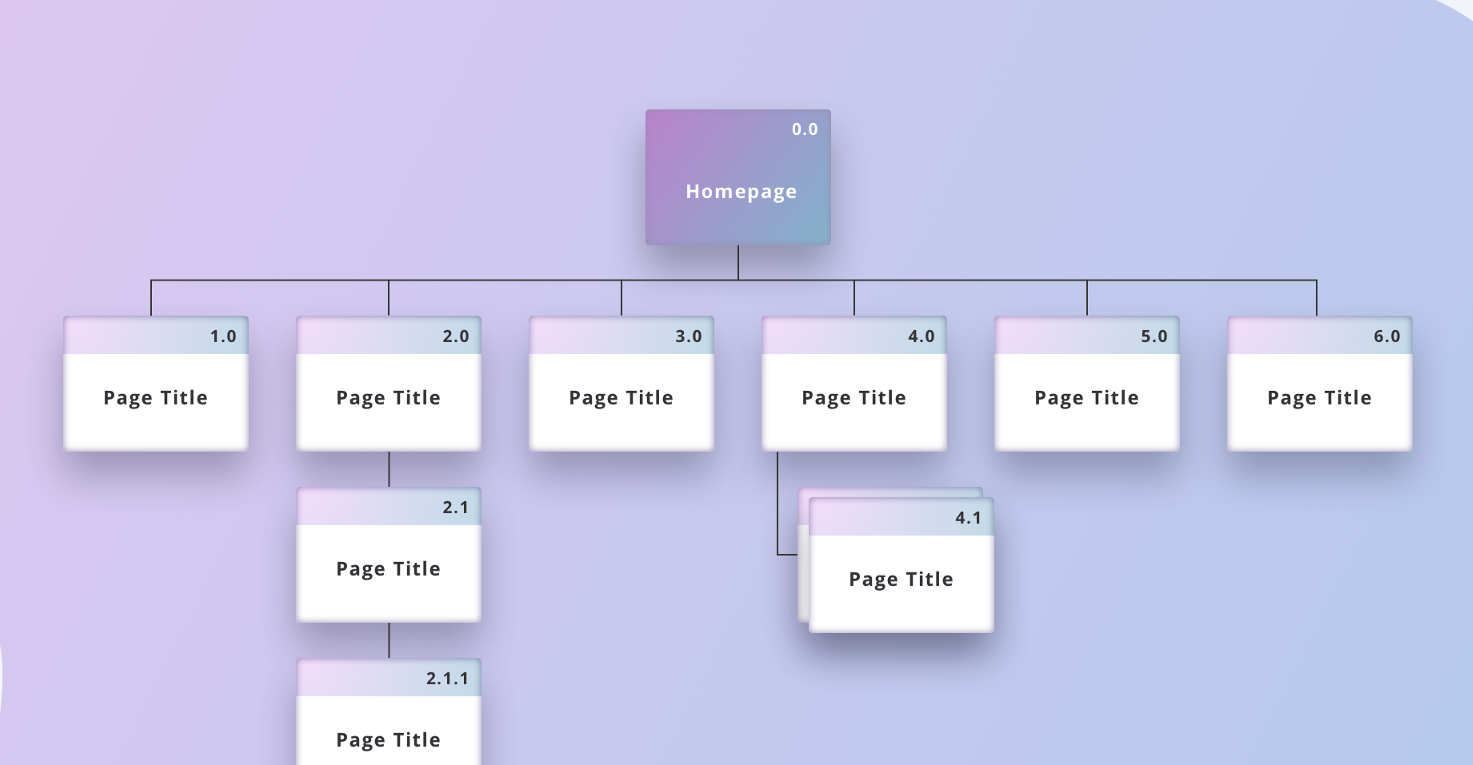Follow us on Facebook
Blog Details

- 12 Oct, 2021
- 783 Views
- Source : Admiin
What is site map and Importance of HTML Sitemap
What is sitemap?
Beyond helping your visitors navigate your website, which should be the primary focus of any marketing effort, there are many other reasons to use a sitemap.
First, it’s important to understand that there are two types of sitemaps:
- HTML sitemaps
- XML sitemaps
What is HTML sitemaps
HTML sitemaps ostensibly serve website visitors. The sitemaps include every page on the website – from the main pages to lower-level pages.
An HTML sitemap is just a clickable list of pages on a website. In its rawest form, it can be an unordered list of every page on a site – but don’t do that.
This is a great opportunity to create some order out of chaos, so it’s worth making the effort.
What is XML sitemaps
XML sitemaps help search engines and spiders discover the pages on your website.
These sitemaps give search engines a website’s URLs and offer data a complete map of all pages on a site. This helps search engines prioritize pages that they will crawl.
There is information within the sitemap that shows page change frequency on one URL versus others on that website, but it is unlikely that this has any effect on rankings.
An XML sitemap is very useful for large websites that might otherwise take a long time for a spider to crawl through the site.
Every site has a specific amount of crawl budget allocated to their site, so no search engine will simply crawl every URL the first time it encounters it.
An XML sitemap is a good way for a search engine to build its queue of the pages it wants to serve.
Importance of HTML Sitemap
1.Serve as a Project Manager & Architect
Think of the HTML sitemap as an architectural blueprint for your website.
The sitemap becomes a project management tool. It oversees the structure and connections between pages and subpages.
2.Highlight the Website’s Purpose
As a content-based document, the HTML sitemap serves as a way to further define your website’s specific value.
Enhance this benefit by using SEO to identify the most unique and relevant keywords to include on the sitemap.
3.Speed the Work of Search Engine Crawlers
You want to help those search engines out in any way you can and take control where you can. The assistance includes finding your content and moving it up in the crawl queue.
4.Increase Search Engine Visibility
With some websites, Google and other search engines may not go through the work of indexing every webpage.









